Filter by
SubjectRequired
LanguageRequired
The language used throughout the course, in both instruction and assessments.
Learning ProductRequired
LevelRequired
DurationRequired
SkillsRequired
SubtitlesRequired
EducatorRequired
Explore the Theoretical Computer Science Course Catalog
 Status: Free Trial
Status: Free TrialUniversity of Colorado Boulder
Skills you'll gain: Mathematical Modeling, Software Systems, Mechanical Engineering, Systems Analysis, Systems Engineering, Applied Mathematics, Differential Equations, Hardware Architecture, Verification And Validation, Linear Algebra
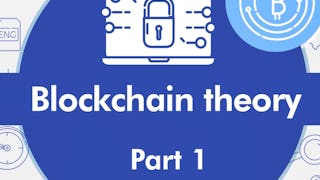 Status: Preview
Status: PreviewPohang University of Science and Technology(POSTECH)
Skills you'll gain: Blockchain, Cryptography, Transaction Processing, Encryption, Data Structures, Virtualization and Virtual Machines, Network Protocols, Distributed Computing, Algorithms
 Status: Preview
Status: PreviewThe Chinese University of Hong Kong
Skills you'll gain: Communication Systems, Digital Communications, Theoretical Computer Science, Telecommunications, Informatics, Probability, Probability Distribution, Algorithms, General Mathematics
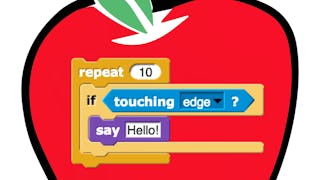 Status: Free Trial
Status: Free TrialUniversity of California San Diego
Skills you'll gain: Computational Thinking, Education Software and Technology, Programming Principles, Debugging, Computer Programming, Algorithms, Development Environment, Computer Science, Brainstorming
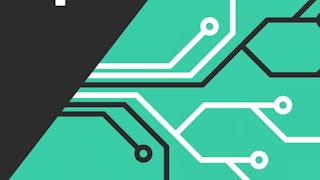 Status: Free Trial
Status: Free TrialSkills you'll gain: Data Structures, Algorithms, Performance Tuning, Computational Thinking, Computer Programming, System Design and Implementation, C++ (Programming Language), Problem Solving, Python Programming, Debugging
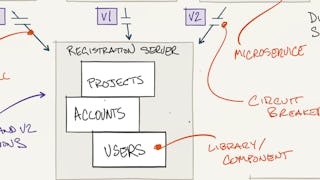 Status: Free Trial
Status: Free TrialUniversity of Colorado Boulder
Skills you'll gain: Service Level, Software Engineering, Software Architecture, Data Architecture, Distributed Computing, Microservices, Transaction Processing, Software Design, Database Systems, Blockchain, Big Data, Data Structures, Test Driven Development (TDD), System Monitoring
 Status: Free Trial
Status: Free TrialUniversity of Colorado System
Skills you'll gain: Cryptography, Encryption, Cybersecurity, Computer Security, Theoretical Computer Science, Information Architecture
 Status: Preview
Status: PreviewBirla Institute of Technology & Science, Pilani
Skills you'll gain: Microarchitecture, Computer Architecture, Computational Logic, Computer Systems, Computer Science, Programming Principles, Computer Engineering, Embedded Systems, Computer Hardware, Computational Thinking
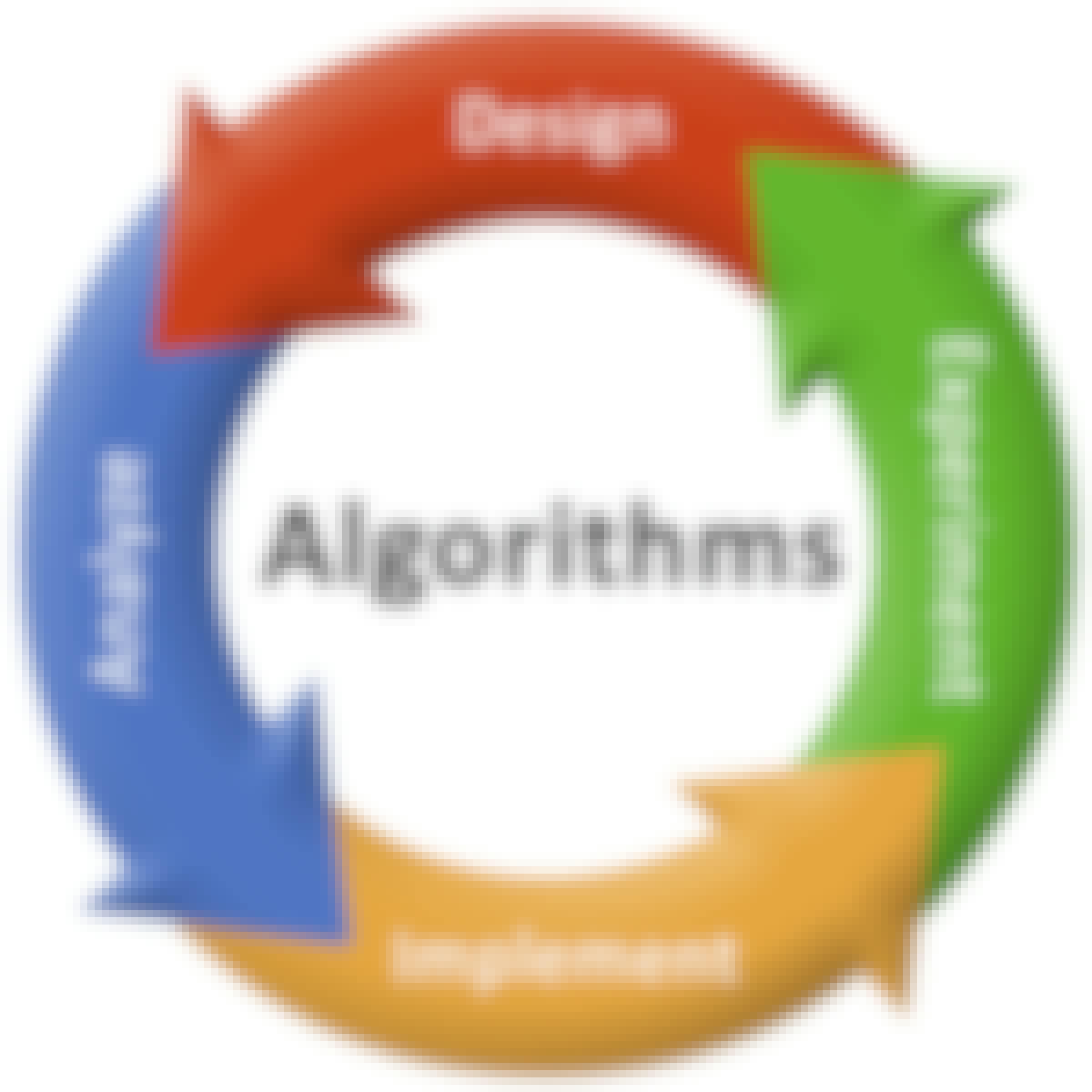 Status: Free Trial
Status: Free TrialStanford University
Skills you'll gain: Algorithms, Graph Theory, Data Structures, Theoretical Computer Science, Computational Thinking, Analysis, Probability & Statistics, Probability
 Status: Free Trial
Status: Free TrialUniversity of London
Skills you'll gain: Computer Science, Computer Systems, Web Applications, Computer Literacy, Network Security, Computer Networking, Computational Thinking, Debugging, Web Design and Development, Cybersecurity, Problem Management, Software Architecture, Data Storage
 Status: Free Trial
Status: Free TrialUniversity of Illinois Urbana-Champaign
Skills you'll gain: Distributed Computing, NoSQL, Apache Cassandra, Cloud Computing, Systems Design, Data Storage Technologies, Apache Hadoop, Database Theory, Algorithms, Theoretical Computer Science, Scalability, C++ (Programming Language), Network Protocols
 Status: Free Trial
Status: Free TrialSkills you'll gain: Graph Theory, Data Structures, Algorithms, Computational Thinking, Performance Tuning
In summary, here are 10 of our most popular theoretical computer science courses
- Modeling of Autonomous Systems: University of Colorado Boulder
- Blockchain Theory and Applications I: Pohang University of Science and Technology(POSTECH)
- Information Theory: The Chinese University of Hong Kong
- Computational Thinking for K-12 Educators: Sequences and Loops: University of California San Diego
- Interview Questions and Real-World Applications: Packt
- Fundamentals of Software Architecture for Big Data: University of Colorado Boulder
- Cryptography and Information Theory: University of Colorado System
- Introduction to Computing Systems: Birla Institute of Technology & Science, Pilani
- Divide and Conquer, Sorting and Searching, and Randomized Algorithms: Stanford University
- How Computers Work: University of London










